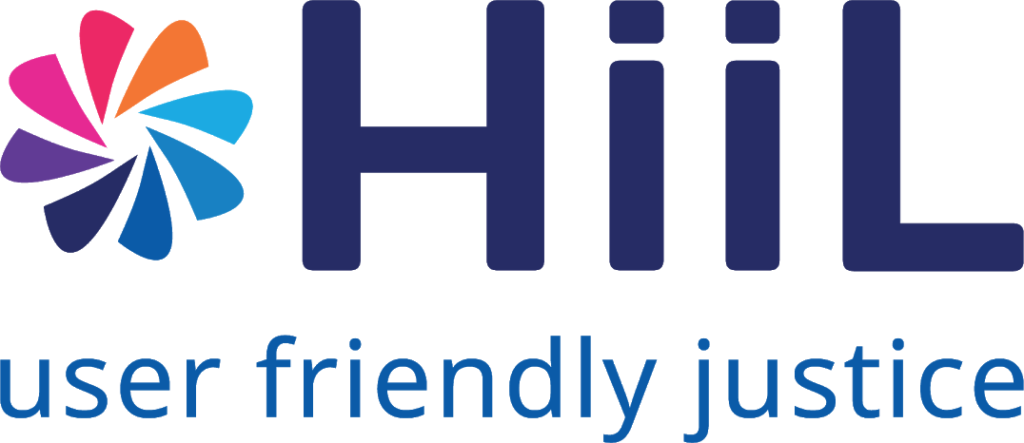From Smart Ideas to Impactful Actions
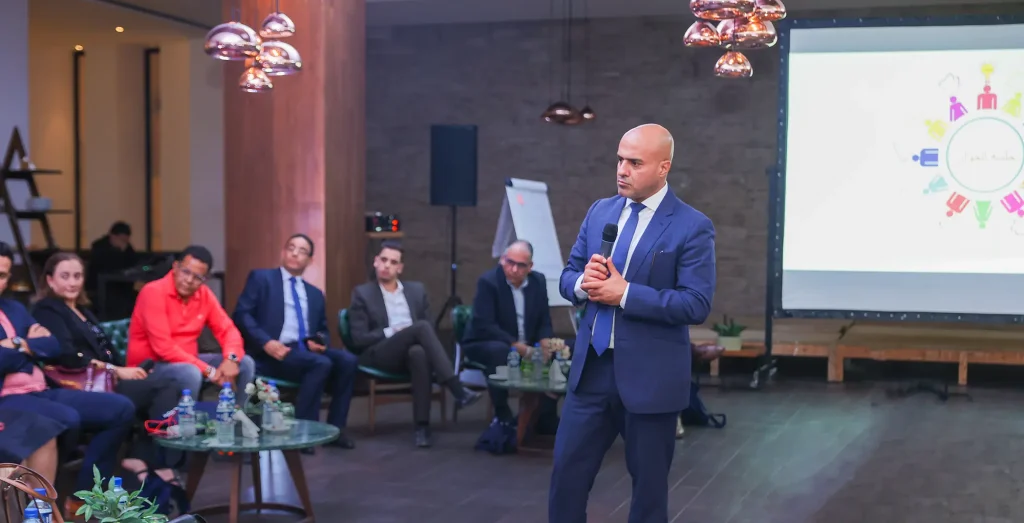
The political commitment of the key justice actors is vital for People-centered justice (PCJ). To achieve its potential, PCJ needs irreversible political will. Several factors facilitate commitment.
Designing women-led community justice services
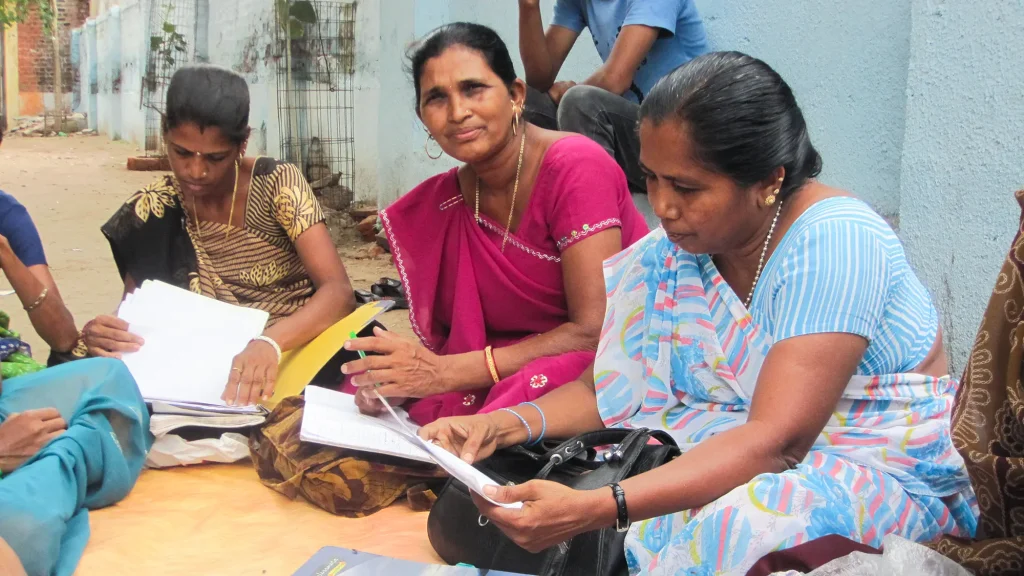
The formal justice system and informal justice system are either inaccessible, unaffordable or discriminatory towards women. As calls for women empowerment continue to grow, women-led community justice services emerge as a promising alternative.
From challenges to successes
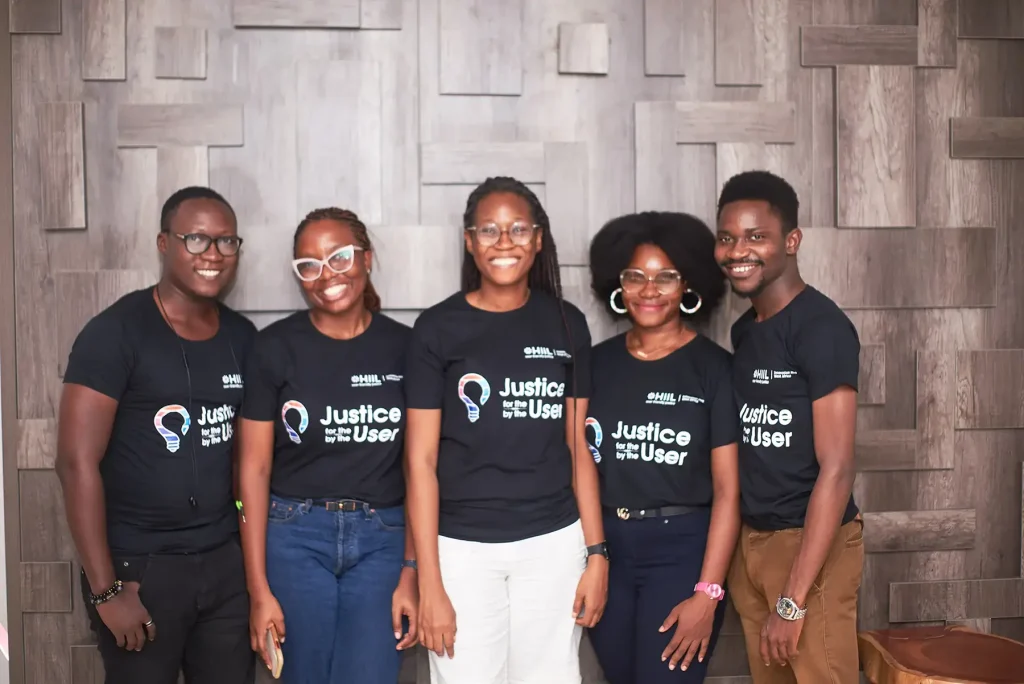
People-centred justice is a globally emerging approach that supports the realisation of SDG 16 – promoting peaceful and inclusive societies, providing access to justice for all and building effective, accountable and inclusive institutions at all levels. People-centred justice focuses on innovative approaches that rely on the perspectives, needs, strengths, and expectations of the justice users.
Climate Change & Access to Justice
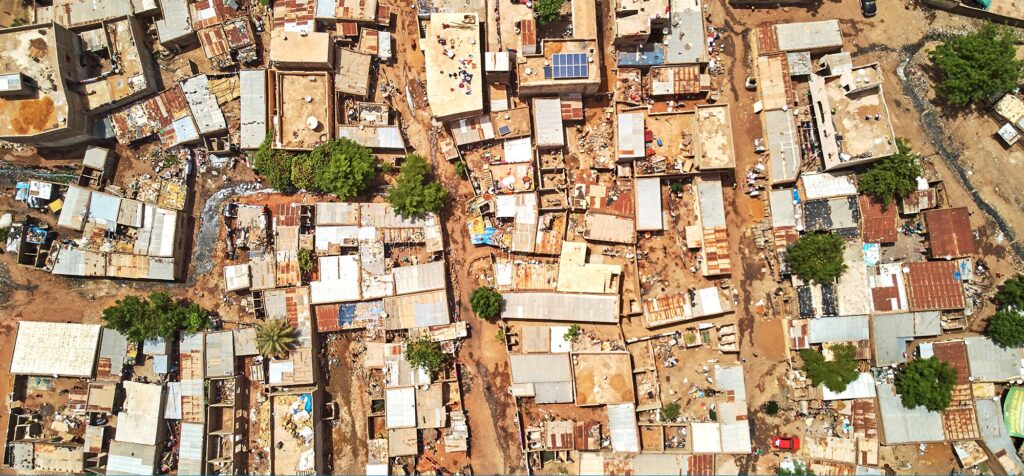
This policy brief explores the connection between climate change and access to justice. Across the world, billions of people encounter justice problems. Roughly half do not manage to resolve their justice issues.
Measuring the justice outcomes that survivors of intimate partner violence seek

People-centred, outcomes-based justice is justice that addresses the people’s underlying needs and resolves their most pressing legal problems. In order to assess whether people-centred justice is being delivered, we need to be able to measure it. This cannot be done with administrative or case-level data, which only tells us about processes implemented and procedures followed.
What works in people-centered justice
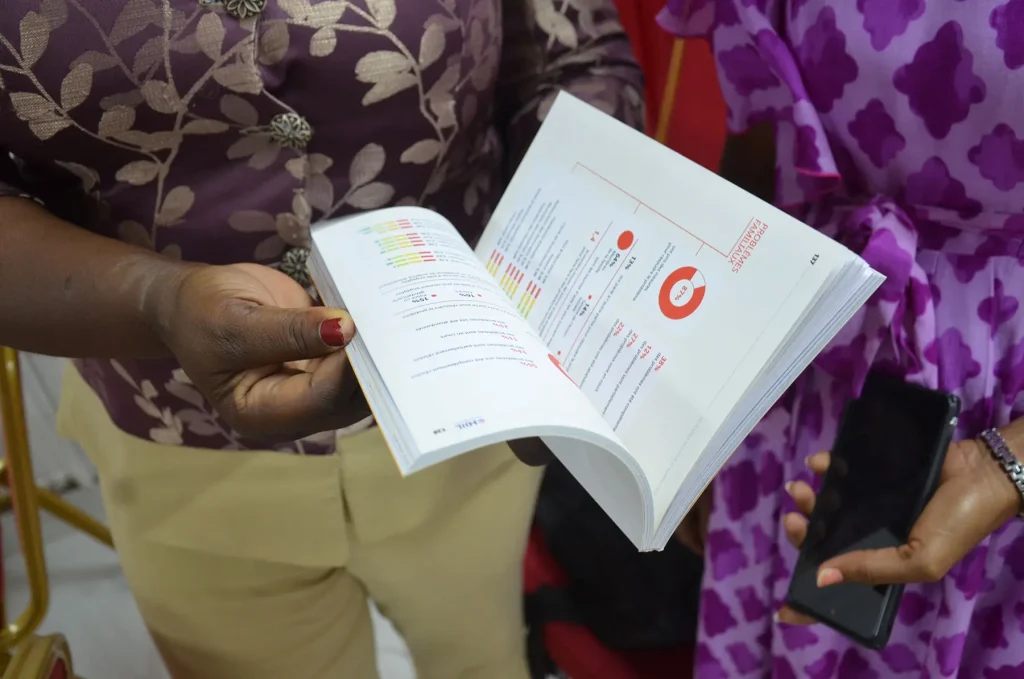
At any time, more than 1.5 billion people worldwide have legal problems they cannot solve. Data from counties where HiiL worked make the problem more concrete. For instance, in the US, every year, there are 260 million significant and difficult-to-resolve legal problems.
Focusing on outcomes for people

Leaders in the justice sector operate in a challenging environment. Faced with overburdened courts, expensive legal advice, and complex procedures that make it difficult to resolve conflict swiftly, they are expected to provide access to justice for all. A key policy recommendation these leaders receive from people-centred justice experts and advocates is to focus on outcomes.
Delivering People-Centred Justice, Rigorously

There is growing recognition of a new paradigm that can help us deal with the challenge of achieving SDG16.3 – access to justice for all: people-centred justice. A way of strengthening justice systems by putting people and the outcomes they need at the centre, not institutions and existing procedures.
Community Justice Services Policy Brief
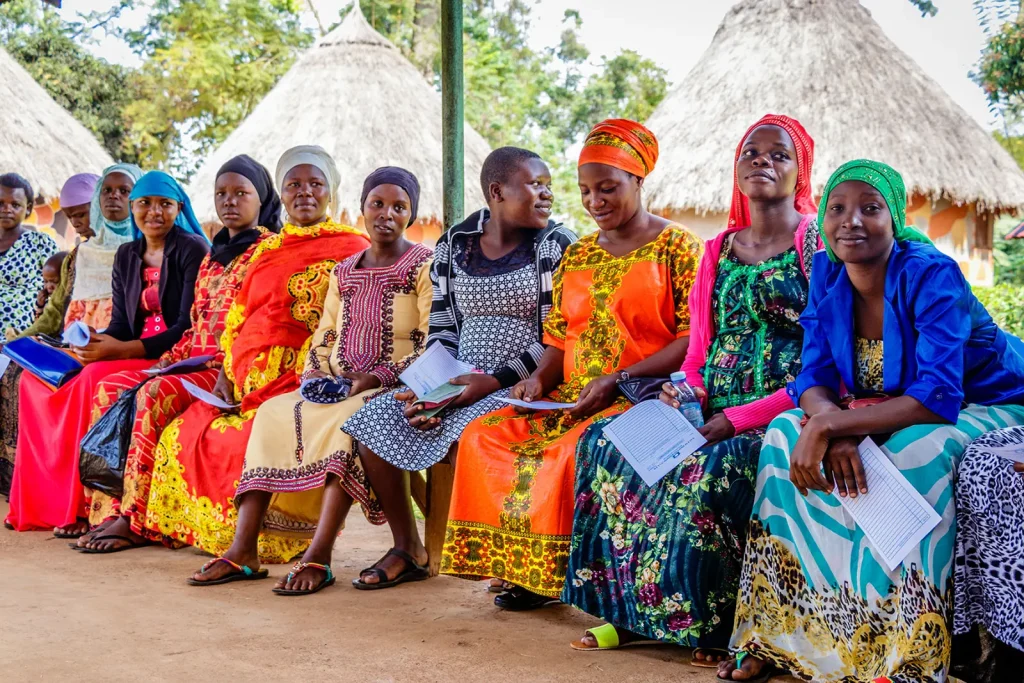
Building on the merits of informal justice and alternative dispute resolution processes, many countries have developed community justice or informal justice programmes. Although informal justice processes come in many different forms, they tend to have a participatory nature, strive for consensus, focus on social harmony and promote restorative (conciliatory) solutions.
User-friendly Contracts Policy Brief

Contracts are essential tools for enabling cooperation between people. Although legal professionals are comfortable with such documents, most people find contracts difficult to understand. A growing group of scholars and innovators is trying to make contracting a more positive experience.
